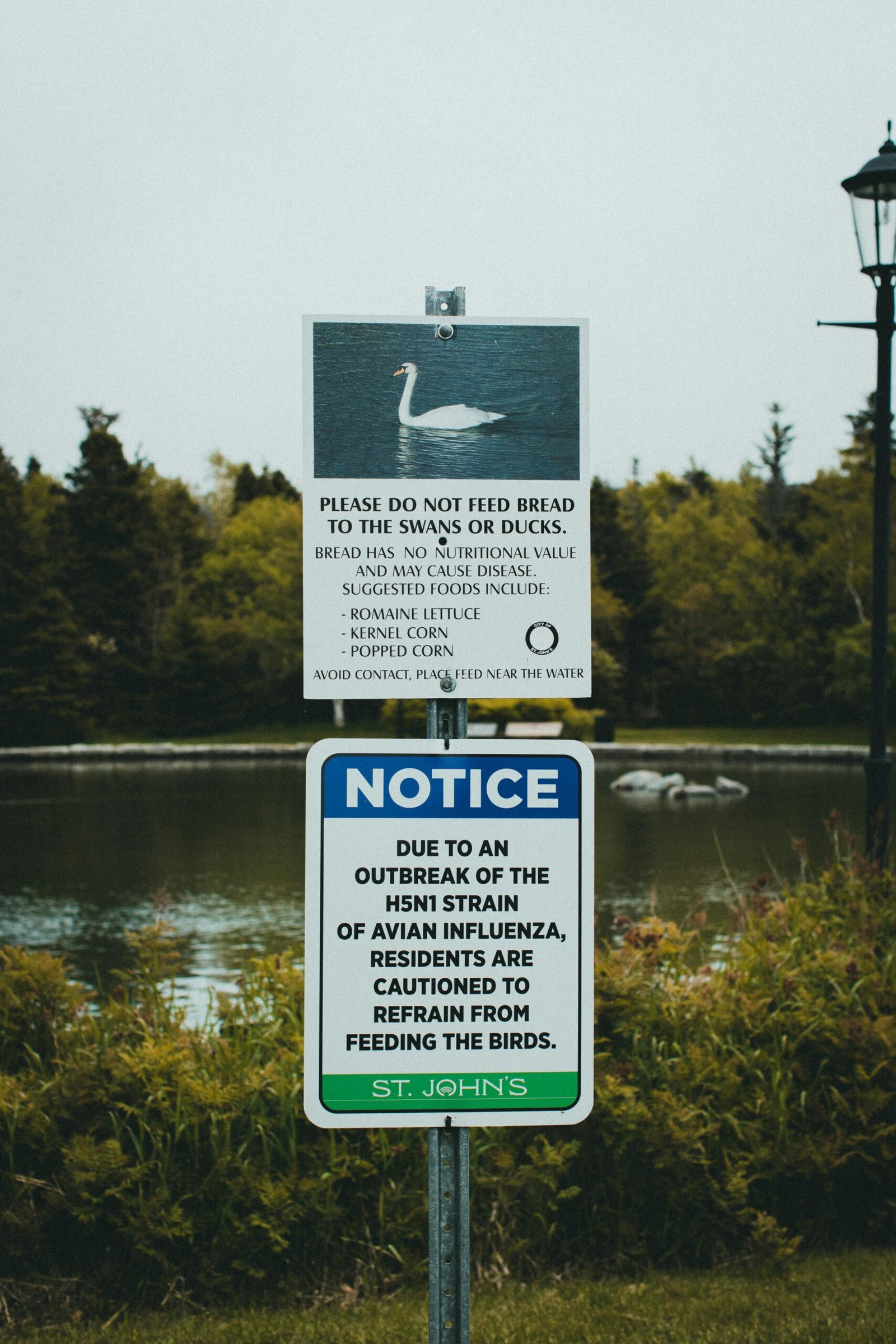The term “bird flu” has been making headlines recently, raising concerns about how it affects both animals and humans. As your partner in health and prevention, I want to help you understand what’s happening, the potential risks, and how you can protect yourself and your loved ones. Here is some general information about the bird flu.
What Is Bird Flu?
Bird flu, or avian influenza, refers to a group of influenza viruses that primarily affect birds. The current strain causing concern is H5N1, which has been spreading among wild birds and poultry in many parts of the world. While this strain is highly contagious among birds, infections in humans are rare.
When bird flu does infect humans, it typically happens through direct contact with infected birds, their droppings, or contaminated surfaces. Fortunately, the virus does not spread easily from person to person.
Why Is Bird Flu in the News?
Recent outbreaks of H5N1 have raised alarm due to their impact on bird populations and the potential risk of transmission to humans. In some areas, the virus has also been detected in mammals, which scientists are closely monitoring for any signs of increased transmission to humans.
While the risk to the general public remains low, staying informed is essential, especially if you work with animals, live in an affected area, or have other concerns about exposure.
Symptoms of Bird Flu in Humans
If a person is infected with bird flu, symptoms may range from mild to severe and can include:
- Fever and chills
- Cough and sore throat
- Muscle aches
- Difficulty breathing
- Eye infections (conjunctivitis)
Severe cases may lead to pneumonia or respiratory failure. If you experience flu-like symptoms after contact with birds or a known outbreak area, seek medical attention immediately.
How to Protect Yourself
Here are some simple but effective steps to reduce your risk:
- Avoid Contact with Wild Birds: Do not touch sick or dead birds. Keep a safe distance from wild bird habitats.
- Cook Poultry and Eggs Thoroughly: Proper cooking kills any potential viruses, so ensure poultry and eggs are cooked to a safe internal temperature.
- Practice Good Hygiene: Wash your hands often, especially after handling raw poultry or being in areas where birds are present.
- Stay Informed: Pay attention to updates from trusted public health sources about outbreaks in your area.
Vaccination and Treatment
Currently, there is no widely available vaccine for the H5N1 bird flu for humans. However, antiviral medications like oseltamivir (Tamiflu) and zanamivir (Relenza) may help treat the virus if given early in the infection.
If you are concerned about exposure or have flu-like symptoms, it’s important to contact your healthcare provider promptly.
Why Staying Informed Matters
While the bird flu is not a cause for panic, it’s an important reminder of how interconnected our health is with the world around us. At Everwell Health Solutions, we believe prevention and preparedness are key to staying healthy and resilient.
If you have any questions about the bird flu or want personalized advice on protecting your health, I’m here to help.
Stay proactive, stay informed, and stay well,
Everwell Health Solutions
Contact your physician if you have further questions or concerns.
Stay up-to-date with information from the CDC: https://www.cdc.gov/bird-flu/situation-summary/index.html


